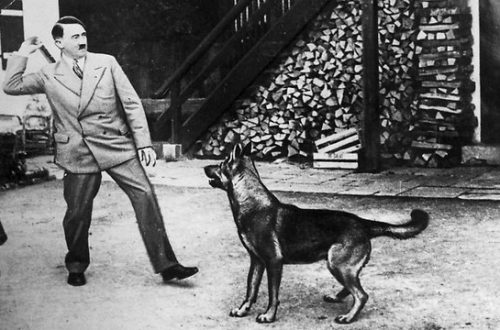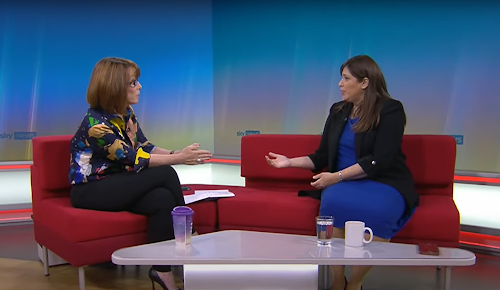Take the time to read this account of a remarkably self-critical meeting in Cairo last year of Arab journalists about the Arab media’s distorted or nonexistent coverage of the ongoing catastrophe in Darfur.
The central issue: “The Arabs see the victims are not Arabs, and we don’t care,” Khaled Ewais, Al Arabiya’s political producer, told the Cairo gathering, which brought together reporters and editors from across the Arab world…
Some pointed to an even more insidious issue: In other regional conflicts, Arabs are the victims. In Darfur, Arab militias are the perpetrators. That’s not a popular topic.
…..
“Arab journalists are working within non-democratic systems, so you can’t expect them to talk about Darfur,” said [Fayez el Sheikh Saleik, Khartoum correspondent] of Al-Hayat. The Arab media is “ultimately very interconnected with the ruling system” according to Ahmed Hissou, a Syrian journalist working for the Arabic service of Germany’s Deutsche Welle radio, and Arab governments “do not accept any internal crises, whether religious or ethnic.” As a result, said Kamal al-Gizouli of the Sudanese writer’s union, when they do report on Darfur, Arab media “are talking only about sovereignty when the real issue is the rights of people to live in peace.”
…..
Others pointed to the constant talk of Zionist plots and Western conspiracies in Arab coverage of Darfur, the preoccupation with “strategic Arab interests,” and what one political editor called the “fantasies” about a Western oil grab, all of which came at the cost of reporting on the human toll.
Al-Gizouli of the Sudanese writer’s union said the history of Arab journalism is to blame. An entire generation of journalists and intellectuals were weaned on the notions of Arab mobilization and confrontation in the face of the imperialist and colonialist aggressor. That legacy is heard in the Darfur coverage. “There is no voice but the battle with Israel and the imperialists. That is what has been fed to the Arab intellectuals. If there is no role for Zionists, [the Arab reporter] creates it from his own imagination and Zionism means conspiracy, the main gallows on which hangs the conscience of the journalists.”
“The Arab journalist is an offspring of his environment,” agreed Hissou of Deutsche Welle. “We had imperialism and Zionism with double-standards. Arab officials say Bush is jeopardizing Sudan, so Arab journalists must accept this conspiracy.” He read a series of excerpts from Arab coverage that, he claimed, demonstrated that the reporting “is heavily freighted with ideological and political assumptions that … imperil our journalistic neutrality.” Hissou quoted Al-Hayat’s influential columnist Jihad Khazen as writing that the Bush administration and the Israel lobby are using Darfur “as a smokescreen to hide other crimes, from Palestine to Iraq” and Hissou claimed that while Al Jazeera has given substantial coverage to Darfur, “it has invited Arab analysts, writers, and physicians to ridicule all reports transmitted by the global television networks on the various acts of murder, rape, and forced displacement.”…
Then take less than an hour to watch “Jihad on Horseback,” a searing documentary about Darfur filmed in 2005 by Nabil Kassem, a journalist for the Saudi-financed Al-Arabiya. Phone calls from Sudanese president Omar Al-Bashir to the rulers of Saudi Arabia prevented Al-Arabiya from broadcasting it.
What’s especially interesting is that while many Arab journalists can see through the propaganda that distorts coverage of Darfur in the Arab media, so many on the “anti-imperialist” Left– with their talk of western lust for Sudanese oil and Jewish and/or Zionist control of the “Save Darfur” movement– cannot. Or perhaps they simply choose not to.
(Hat tip: Judeosphere.)


